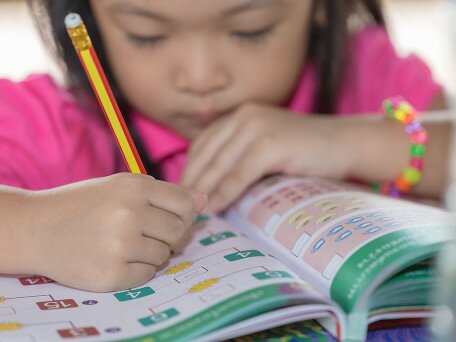“Social Justice Leadership for Learning”: A New Conceptualization of School Leadership
- 项目计划:
- 优配研究金
- 项目年份:
- 2023/2024
- 项目负责人:
- Dr GUMUS, Sedat
- (教育政策与领导学系)

The primary roles of social justice leaders in schools include eliminating social and cultural inequalities and promoting equity, equality, and fairness among diverse groups.
The literature provides compelling evidence that school leadership matters for improved student experiences and outcomes. It is evident that schools need an increased focus on planning, organising, and supervising curriculum and instruction, through leadership for learning, to ensure the learning of all students. At the same time, educational policymakers, researchers, and practitioners have a longstanding interest in improving the schooling experiences of disadvantaged and marginalised students, including students from low-socioeconomic status backgrounds, immigrant students, and students with special needs, etc. Accordingly, the concept of social justice leadership has become prominent in educational theory and research. The primary roles of social justice leaders in schools include eliminating social and cultural inequalities and promoting equity, equality, and fairness among diverse groups. This research aims to conceptualise a new leadership model called “social justice leadership for learning (SOLE)”, by combining social justice leadership and leadership for learning practices of school principals to better serve the diverse learning needs of disadvantaged students. More specifically, this study aims to
- ascertain specific leadership for learning practices enriched by the social justice perspective in three participating jurisdictions (Hong Kong, China; Israel; and Texas, USA);
- determine the role of contextual factors in the formation and implementation of such practices; and
- develop and validate a social justice leadership for learning scale (SOLE-S) for each jurisdiction, as well as a common scale for future comparative studies.
Phase 1 of the proposed project relies on qualitative data to further explore and enrich the relevant school leadership practices, which the research team has identified through a literature review, along with both school- and system-level contextual drivers and challenges. Phase 2 includes the development of survey items for use in a follow-up survey study to create validated measurement tools for SOLE. This phase will develop and validate common survey items across three jurisdictions and additional unique items based on each jurisdiction’s particular needs.







